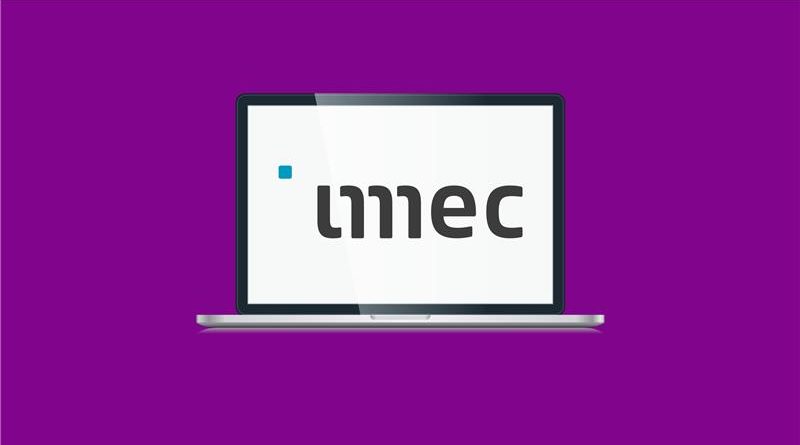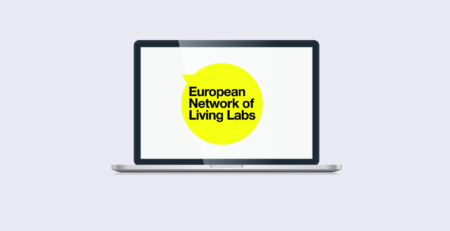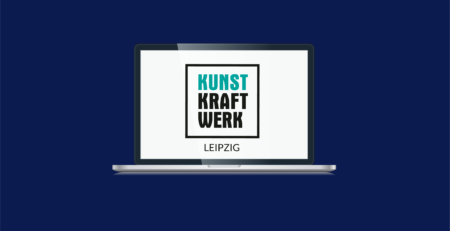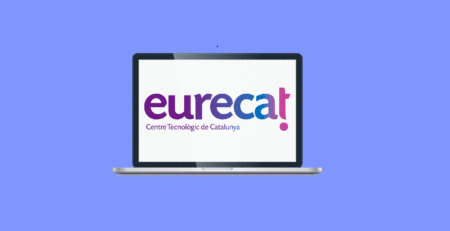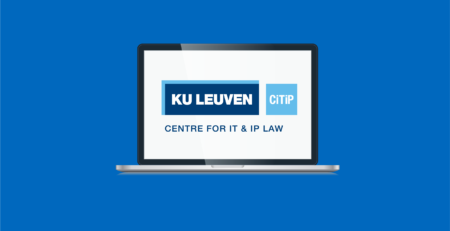Meet our partners: IMEC
How do you think you can establish synergies between your field and the publishing sector?
Imec-SMIT’s expertise is research focused on media, innovation and technology. Media is an important subject within our research department, ranging from traditional media (i.e., linear television, print, advertising, etc.) to disrupting formats that challenge the current business operations and revenue models (i.e., streaming services, subscriptions, full digital strategies, etc.). Based on our research activities within the project, imec-SMIT’s will bring valuable insights to the Möbius project.
On the one hand, our research will focus on new business models driven by technological innovation. In this project, we focus on the potential of prosumer business models for the publishing sector. On the other hand, we will coördinate the living lab research methodology to gather input from users throughout the projects’ lifetime. User research plays a major role within the Möbius project. The research activities planned bij imec-SMIT ensure a bottom-up approach to include the needs of all the relevant end-user profiles during the development of the applications. As such, the research outcomes ensure the viability of the final proof-of-concept for readers, writers and publishers alike.
What are you expecting from the future business models that could emerge from cooperation with prosumers in the publishing industry considering technological trends?
We are still at the early stages of the Möbius project, and therefore, it isn’t possible to pinpoint how we can integrate prosumers into a fair and working business model. First, the regulatory frameworks regarding copyrighted and/or intellectual property (IP) protected content are rigid, and not easy to work around. Both authors and publishers are determined to protect these regulations, given that their revenues depend on certain protections of their IP in various ways (i.e., license to audiobooks, license the content in different languages, license the content for other media productions, merchandise, etc.).
The challenge is to find a common route to profitability for the authors and publishers while also allowing more flexibility towards the community of prosumers. In our business model scenarios, we will focus on the varying degrees authored works are original or not, the varying degrees in which certain specific exploitation rights can or cannot be granted to the community of prosumers, and finally the varying ways in which revenue sharing can take place between the prosumers on the one hand and authors and publishers on the other hand.
For this purpose, imec-SMIT collaborates with Citip (KU Leuven – law department) to develop fair and realistic business models which can innovate the way we handle prosumer and fan fiction content. Yet, satisfying the IP holders, which is not an easy task. Therefore, we cannot present any viable solutions at this stage of the project, but we will soon!
Could you describe your role in the Möbius project and how IMEC contributes to the future of the publishing sector?
Imec-SMIT is responsible for the user research – involving users in the development and the evaluation of the various Möbius applications during the three pilot phases. Our daily activities range from conducting desk research, collaborating with other consortium partners, coordinating and organizing the pilot activities using the living lab methodology, and lastly analyzing the results and sharing our conclusions with the other partners. Therefore, we have an important role in aligning the consortiums’ goals and objectives with the end-users desires and wishes. Essentially, we are the link between the end-users, the industry actors and the technical partners who rely on us to understand what features should be included, and how the products should function in order to fit in the users’ daily practices.
Building on the insights obtained from the user research, we also aim to obtain a view on how this can contribute to the book publishing sector. Users as prosumers can be more proactively involved in the entire book publishing value chain, from creation, through promotion, to publishing. Since the business model of authors and publishers relies on a variety of author and exploitation rights that allow the sustained existence of the publishing ecosystem, user-driven services that allow the users to “play” with these intellectual properties have to take into account the legal framework within which said users can be afforded a certain degree of freedom in playing around with protected intellectual property.
In the Möbius initiative you are into creating user-driven methods in publishing. How would you define these user-driven methods? What impact do you think that it could have in the publishing sector?
In Môbius, user-driven methods are all about involving publishers, writers, prosumers and readers, throughout the project. More concretely, it means that from the start of the project, we set-up occasions to query these end-users on their expectations for the project, as well as their evaluation of the output (Möbius products). We do this through our living lab approach, building up the amount of users involved and combining different methods to engage them. In the first stages of the project we want to get to know the end-users and we use mainly qualitative research methods such as interviews, co-creation sessions, and (online) focus group sessions. As the project progresses and the Möbius products take shape, more end-users will be asked to test and evaluate through quantitative methods such as surveys. At least 20 end-users will be involved in every phase of the project. The input of our end-users is paramount to create and develop Möbius products that will be adopted by the market.
In publishing business models, this amounts to looking at how a user can adopt a more active role in the publishing process, be it in a promotional role for creating ‘buzz’ around a book, an interactive role where they react to and possible enrich work of authors, all the way to creating either entirely original works or works that make use of existing characters.
The combination of our work in user research and our work on business models aims to find a balance between the various interactions with users the project makes possible, and how this can align with the economic interests of the industry stakeholders who want to maintain a certain control over the transfer of rights from author or publisher to the prosumers.
What are you expecting to discover from the Möbius project?
Combining the strength of the professional expertise of the publishers, the creativity of the prosumers, with the enthusiasm of the European consumer and fast-moving innovative technology – are the ideal cocktail for Möbius to succeed. We look forward to leveraging our insights in the current practices of readers and to discover how innovative products such as the Möbius book can help readers improve their experiences. In addition, we look forward to discovering how prosumers can contribute to a durable and strong European book publishing sector by unlocking insights in consumer practices and prosumer activities in a way that is meaningful for all parties involved.
Imec-SMIT-VUB
The imec-SMIT-VUB research group was founded in 1990 and conducts fundamental, applied and contractual research on IT, media and policy. Our focus is on research related to innovation, policy and socio-economical challenges. To this aim, imec-SMIT-VUB conducts user research, policy research and business analysis, making use of both qualitative and quantitative methodologies. The research group consists of 2 research programs (‘Media & Society’ and ‘Data & Society’), which both are subdivided in three specific units. imec-SMIT-VUB is leading three knowledge centres (Knowledge Centre Data & Society, Mediawijs, Hannah Arendt Institute) and holding four academic chairs (Data Protection On the Ground, Smart Cities Chair, Chair Personalisation, trust & sustainable media, Leerstoel Media in een samenleving in transitie).


